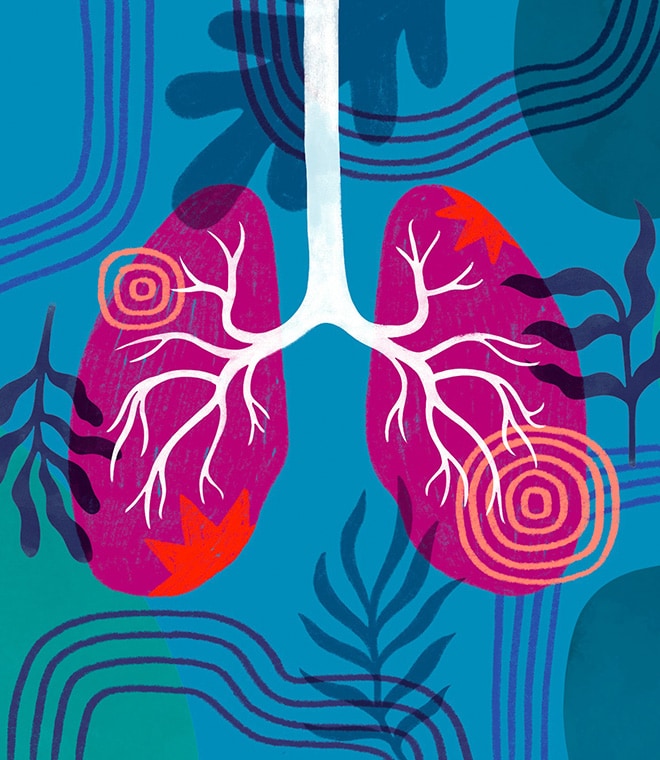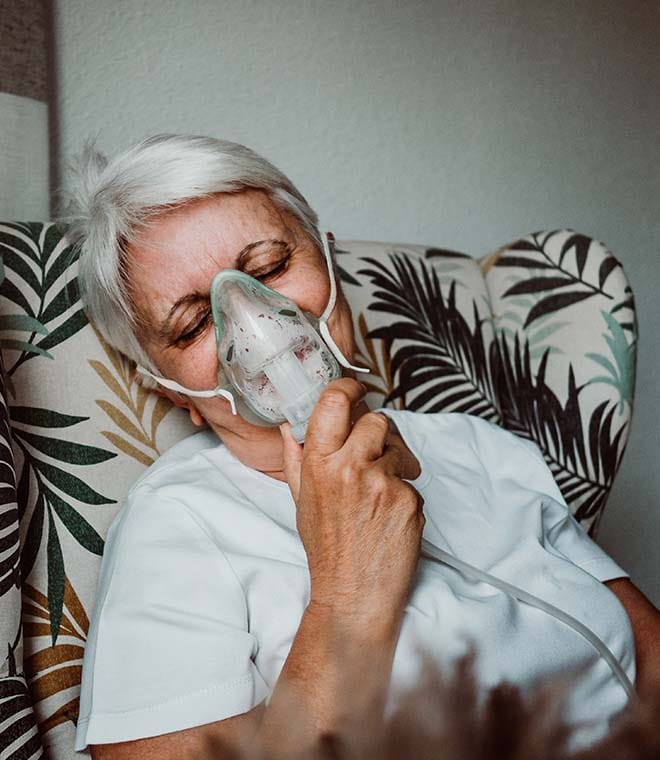Health
Who should be screened for lung cancer?
By Nancy Kupka, PhD, RN Sep 17, 2024 • 3 min
Smoking and advancing age are the two most important risk factors for developing lung cancer, although risk decreases over time once an individual stops smoking. Other risk factors for lung cancer include environmental exposures, radiation therapy, other lung diseases and family history of lung cancers.
The U.S. Preventive Services Task Force recommends yearly lung cancer screening for people who meet the following criteria:
- Have a 20 pack per year smoking history. (A "pack year" is considered smoking an average of one pack of cigarettes per day for one year. To calculate your pack years, multiply the number of cigarette packs you have smoked per day by the number of years you have smoked. For example, if you have smoked a pack a day for the last 20 years, or two packs a day for the last 10 years, you have 20 pack years.
- Smoke now or have quit smoking within the past 15 years.
- Are between 50 and 80 years old.
Screening for lung cancer is no longer necessary once you have met one of the following criteria:
- Not smoked for 15 years
- Developed a health problem that substantially limits life expectancy
- Unable or unwilling to have curative lung surgery
The U.S. Preventive Services Task Force only recommends low-dose computed tomography (also called a low-dose CT scan, or LDCT) for lung cancer screening. LDCT combines special X-ray equipment with computer software to produce multiple, cross-sectional images of the inside of the body. It uses less radiation than a conventional CT scan. Past screening modalities, such as sputum cytology or chest X-rays are no longer recommended.
If you're concerned about your risk for lung cancer, talk to your healthcare provider. They can help you decide if and when you should be screened.
Updated by Amy Magill September, 2024.



